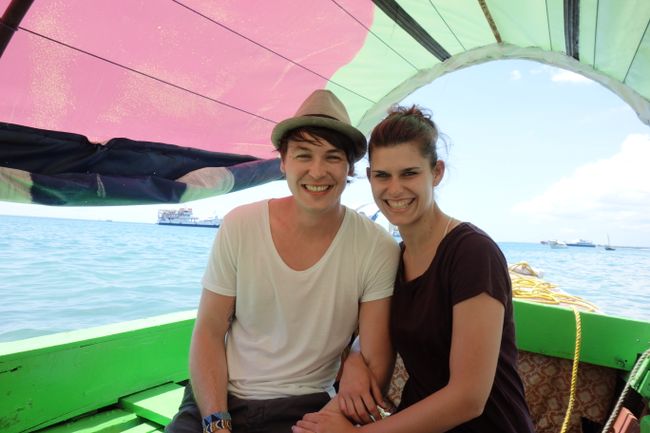Ecuador - Avenue of the Volcanoes
Ebifulumiziddwa: 22.11.2017
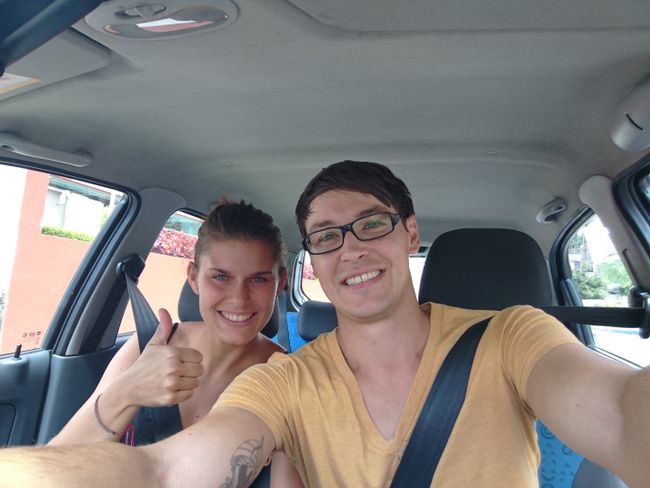
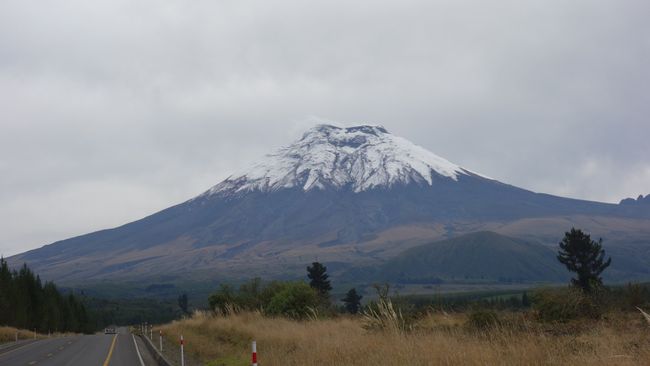
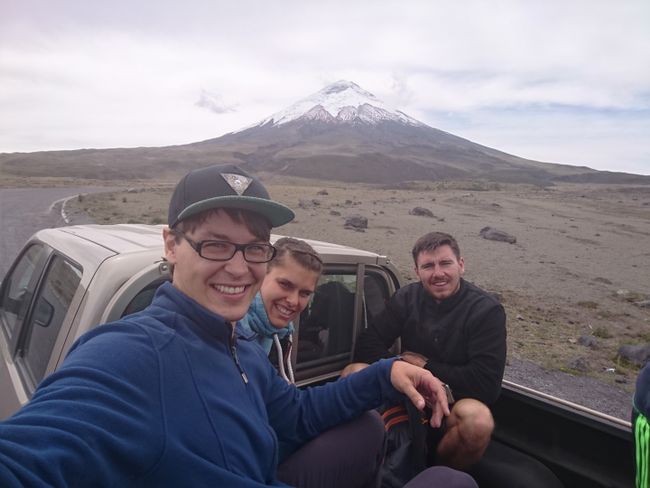
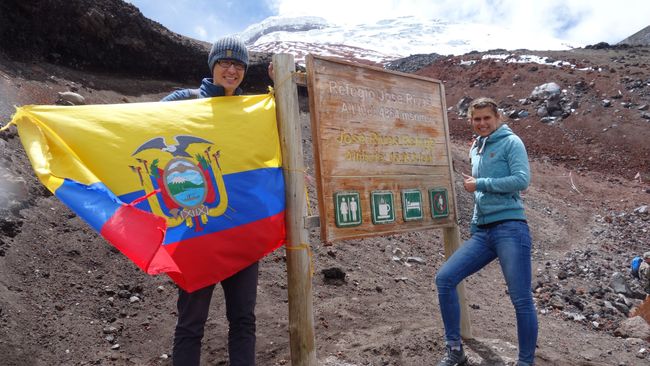
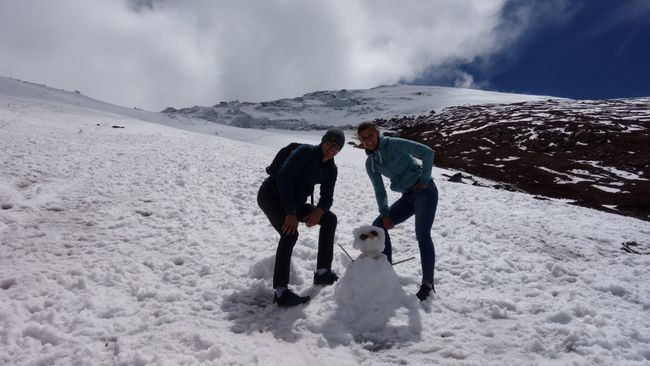
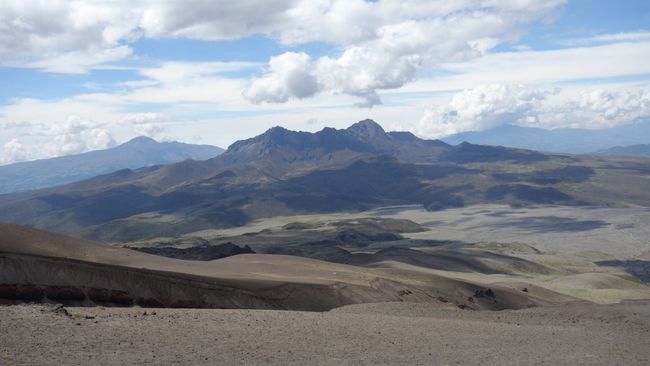
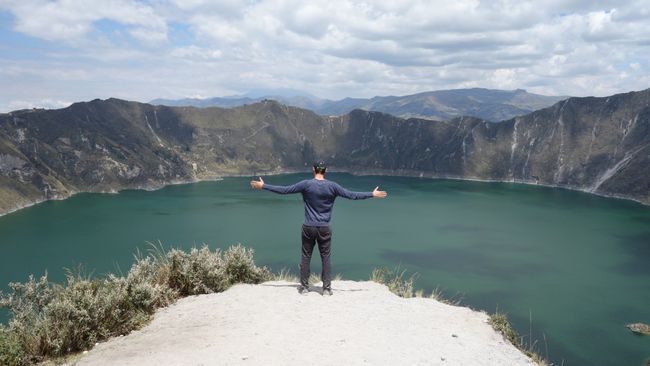
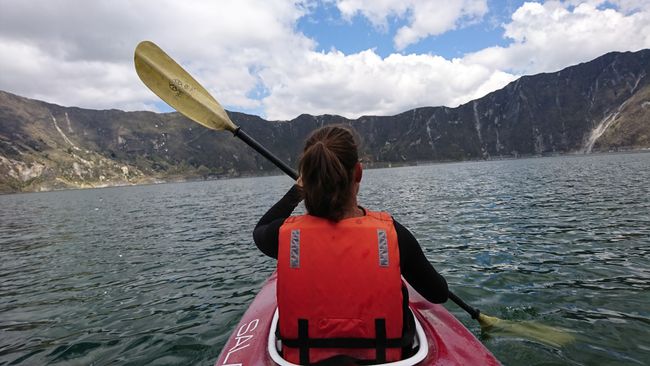
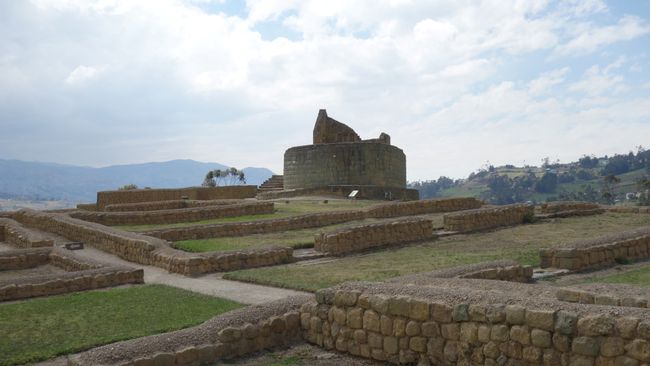
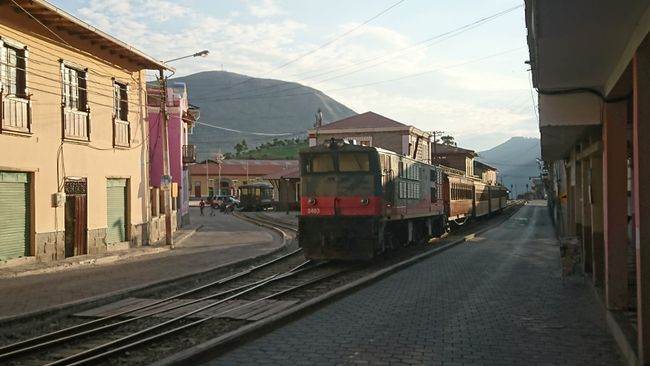
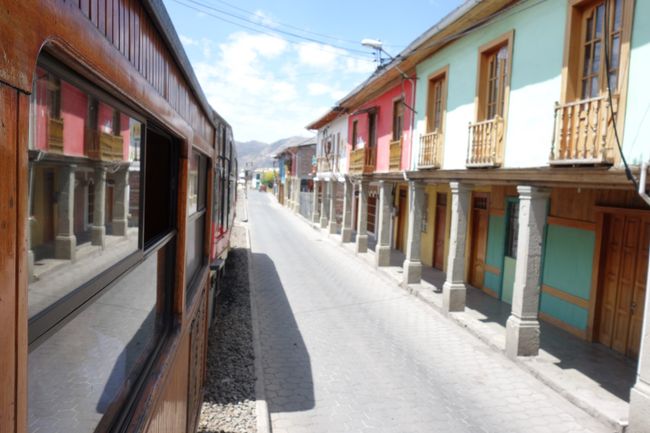
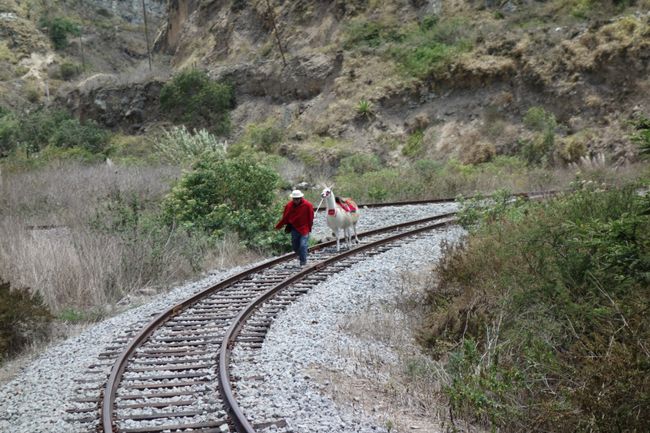
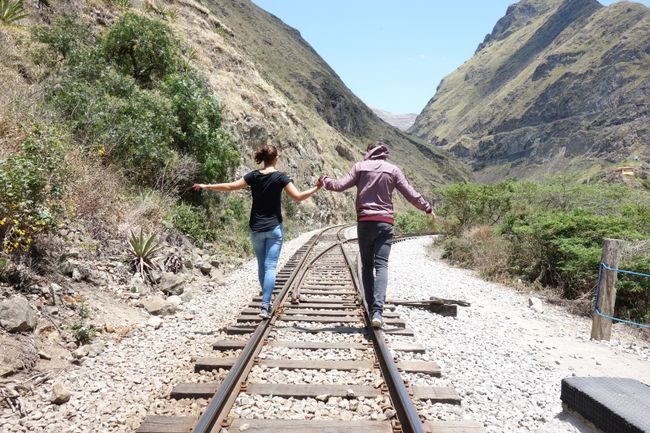
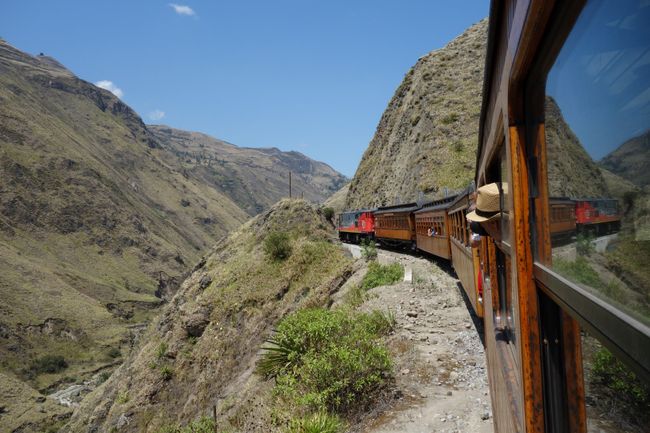
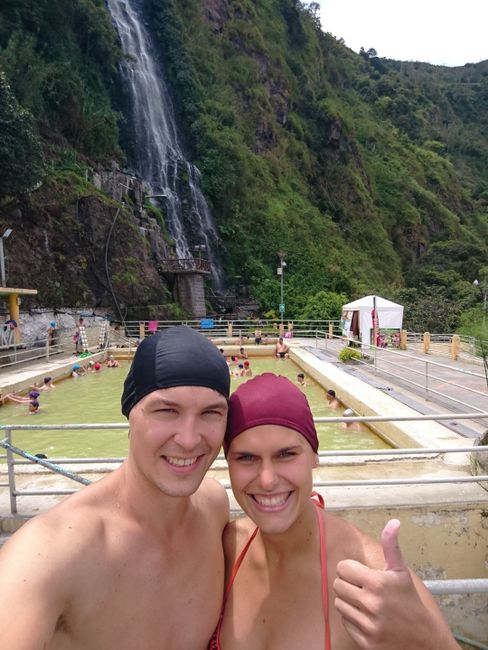
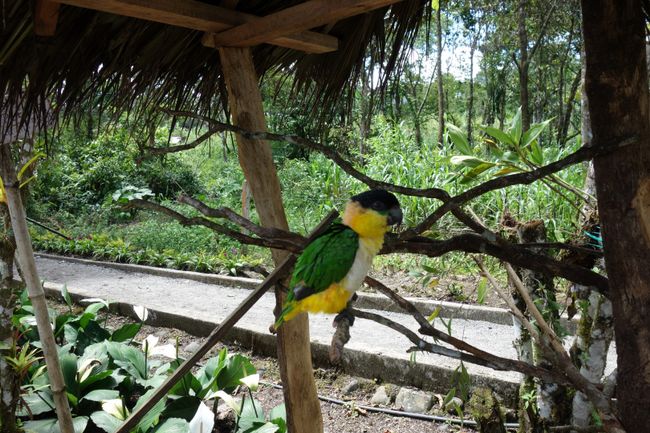
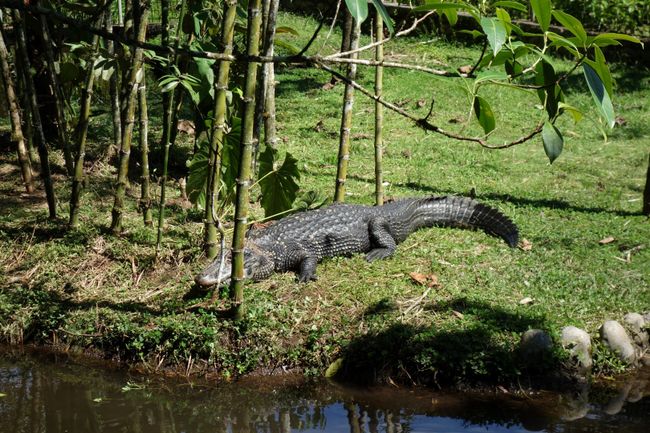
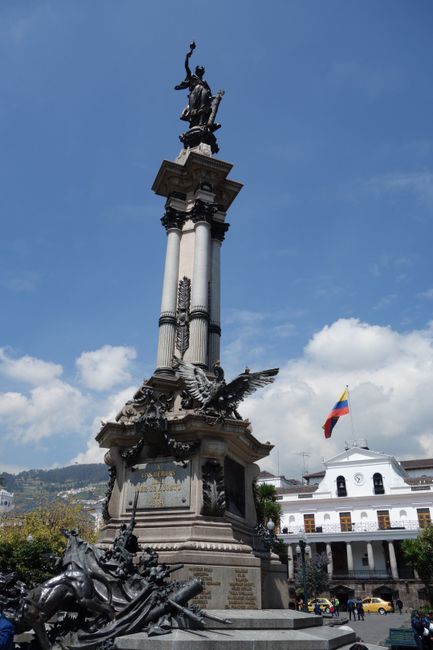
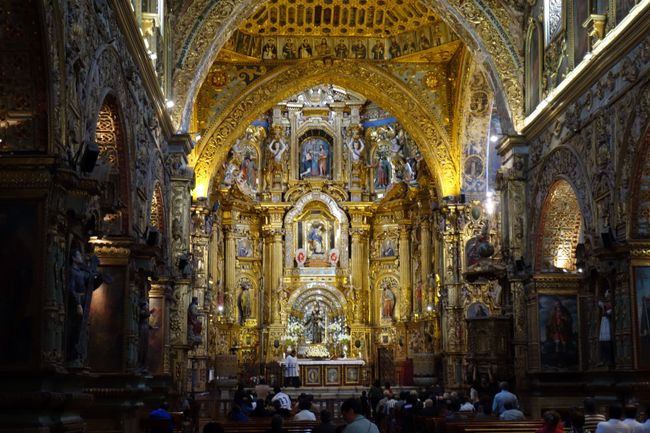
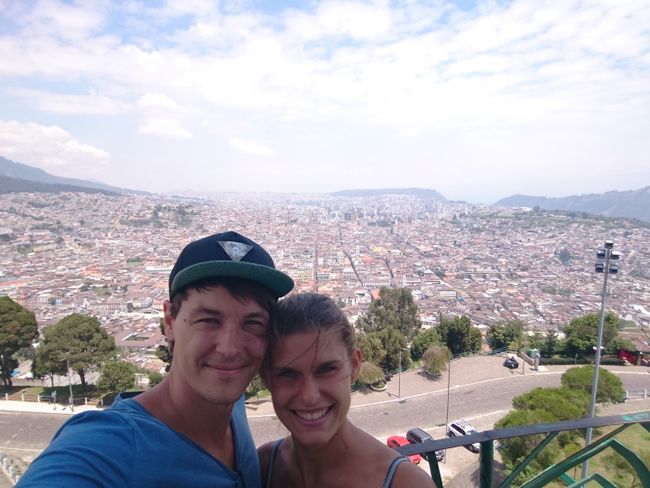
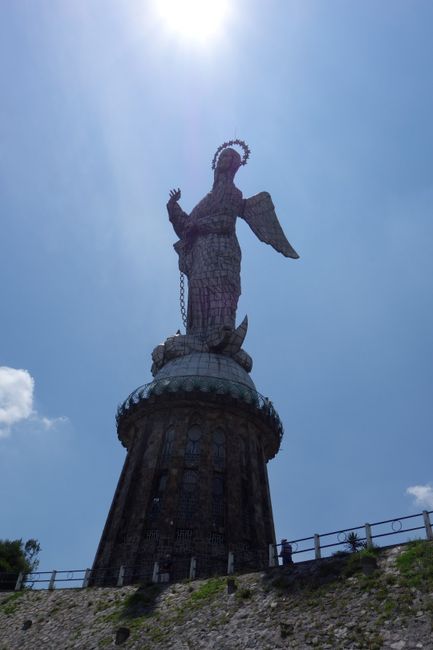
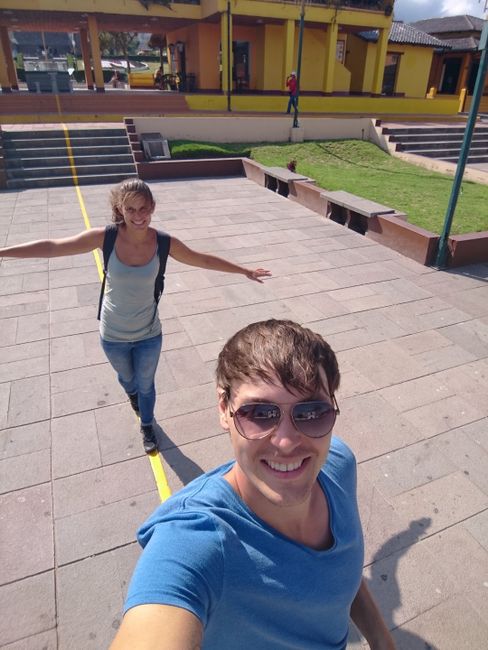
Wewandiise ku lupapula lw'amawulire
We land in Ecuador's capital Quito with the small Tame machine. At the airport, we stop by the car rental agencies, but either they don't have any cars left or they are extremely expensive. It's a holiday in Ecuador. We sit down at TGI Fridays and find out that the water supply has failed in many neighborhoods in Quito. Our hostel is also affected and informs us by email that we cannot use the shower or toilet. After 5 days in the Amazon, this is not an option for us. Spontaneously, we book a luxurious suite with running water.
The next morning, we go to a local car rental in the city. Unfortunately, it is closed because of the festivities, so we end up at Thrifty and pay an incredible $500 for an old Chevrolet Spark (for 6 days). In Germany, we could probably buy two Sparks for that price. But cars in Ecuador are luxury goods and subject to a corresponding tax. Stephan shifts gears and we speed off on the Pan-American Highway. Road trip!!! At Café de la Vaca (recommended), we take a break and enjoy good South American cuisine (by the way, you eat these appetizer beans without the shell! Now we know!). Our first destination as a starting point for the planned tours is Latacunga. Because of the holiday, it's quite crowded here and people stagger through the alleys in the early afternoon. We have to constantly turn around and find different routes because the roads are blocked. In the hostel, we treat ourselves to beer and billiards before we tiredly fall into bed.
For the following day, we have set our sights on Cotopaxi (one of the highest active volcanoes in the world). Louis from England joins us on our private tour. We drive in our mini car to the park entrance, where despite the warning from the park guards, we don't switch to a 4x4 transfer. By now we are experienced and know that many things can be done without it. But before it gets really steep and rocky, we are forced by rangers to park our flea box. Fortunately, we don't have to wait long and can ride in the back of a pickup truck. From about 4,500 meters above sea level, we have to continue on foot over boulders. Every few meters we take a break because we are literally out of breath. After what feels like an eternity, we reach the base camp Jose Rivas at 4,860 meters above sea level and take a well-deserved break. Then we continue to the glacier edge at 5,100 meters above sea level. We can't go any higher with our equipment. Back in Latacunga, we are a bit plagued by altitude sickness and retire early to bed.
On Monday, we drive through a fantastic scenery to Quilotoa. The local supervolcano is no longer active and holds a turquoise crater lake. A circuit around the crater rim takes about 5 hours, so we decide to take the shorter descent to the crater lake. Once down, we rent a kayak and paddle around on the lake. It's pretty big. We considered hiring mules for the way back up, but other hikers beat us to it. The paddock is empty. So we begin the arduous ascent on our own two feet. On the middle of the trail, we are overtaken by two Englishwomen who snatch the descending mules right in front of us. In the village at Quilotoa, we treat ourselves to a pizza and make our way to Alausi.
Tuesday is unplanned, so we spontaneously make our way to the Inca ruins in Ingapirca. On the way, we absentmindedly pick up a hitchhiker. Somehow the gentleman then decides not to get off in Chunchi, and after several communication failures, we are able to drop him off in El Tambo. The ruins of Ingapirca are not really spectacular, but our private tour is very informative. From our point of view, a stop is only worthwhile if you are already on your way to Cuenca.
For Wednesday, we have booked tickets for the Tren Crucero (Devil's Nose). The relatively short train journey leads from Alausi to Sibambe along spectacular canyons and zigzags down the mountain at the end. It reminds you of those marble games in the waiting area of the pediatrician. On the way there, the connecting piece between the locomotive and the wagons breaks on level ground. We are assured that such a thing has not happened for years, but there is no reason to worry. After a short break, the problem seems to be fixed and we continue our journey. At the destination, there are snacks, the Devil's Nose (mountain), and a dance performance. However, we skip the latter and prefer to enjoy the sun in the valley. On the way back, there is another jerk, this time on a steep stretch. Our wagon slows down, stops, and then finally rolls slowly, then faster down the slope. Fortunately, the old wagons have their own brakes, and our technical companion manages to get the wagons to stop after some cranking. Our heart rate did spike for a moment though. After lunch in Alausi, we head back north to Banos.
Banos is known for its hot springs and all kinds of adventure sports like biking or rafting. However, we opt for the relaxed version and spend the following morning at the Hot Pool Las Piscinas de la Virgen right next to a waterfall. Nina is admired multiple times for her blue eyes. We drive back to Quito via Route 45. On the way, we stop at a zoo to get a close-up look at the flora and fauna of the Amazon.
On Friday evening, we have our flight to Lima. But we still use the day to wander through the old town of Quito and up to Panecillo. Then we make our way to the Middle of the World (Mitad del Mundo). After countless selfies and frozen yogurt, the flea box safely takes us to the airport. At least we can drop off the car at the airport without a fee instead of in the city. The departure boards in the terminal show numerous canceled and delayed flights (about 50%). Fortunately, our flight is only a few hours delayed, and we end our trip once again at TGI Fridays. At the neighboring gate, another delayed flight is canceled at short notice, and there are riots by angry passengers. In South America, they definitely haven't heard of passenger rights yet.
Wewandiise ku lupapula lw'amawulire
Okuddamu
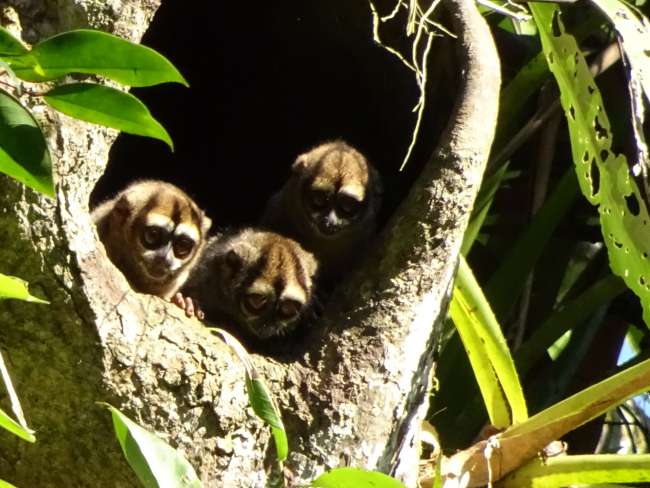
Lipoota z'entambula Ecuador

